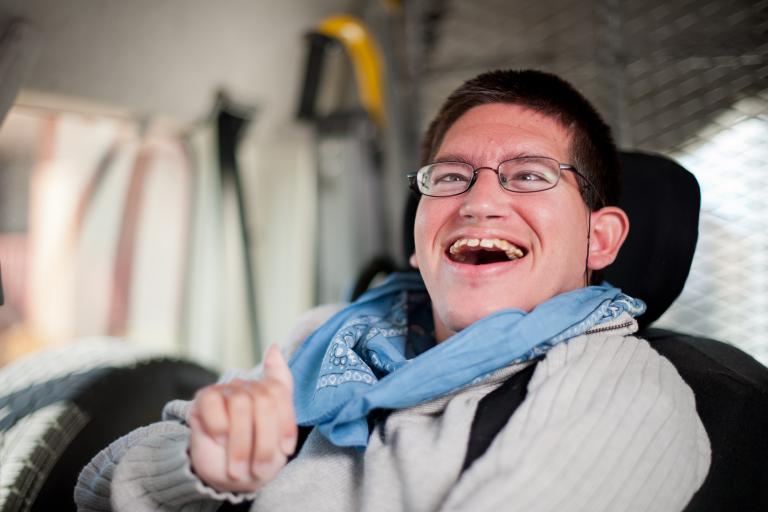
The safeguarding adults procedure explains how organisations will work together to help and protect someone at risk of abuse
The full procedures are here: link.
The short, easy-read procedures are here: Easy-read procedure
This is what the easy read procedure says:
1. What is the purpose of these procedures?
If you do not feel safe because of abuse, neglect or self-neglect people will help you
These procedures:
- help staff to know how best to support you
- help organisations to work together
- help you to know what to expect.
2.Who are these procedures for?
These procedures may be the best way to help you if:
- you are over 18 years of age
- you need help to be safe from abuse, neglect or self-neglect, and
- you need that help because you have:
o a learning disability
o a physical disability
o a mental health condition
o a long-term health problem
o a need for support due to being older
o a drug or alcohol problem
o or another condition like these
3.What is abuse and neglect?
Abuse is when someone does or says something that hurts you, upsets you or makes you frightened. For example, abuse might involve:
- being hit or kicked
- someone taking your money
- someone touching you in a way that you do not like
- someone shouting or talking to you in a way that upsets you
- being made to do things you do not want to do.
Neglect is when someone is meant to look after you, but does not give you the care and support you need. For example, if someone is not giving you your medication, or not helping you with your care needs then this might be neglect.
Self-neglect is when you may come to harm because you are not able to look after your health or care needs and you find it difficult to accept the support you need. For example, if you could not look after yourself and you would not accept any help, this might be self-neglect.
4. What the safeguarding procedures say:
There are four stages:
4a. Tell us your concern
- There is help for you. If you are at risk of abuse, neglect or self-neglect, you can contact Adult Social Care for help and advice:
Telephone: 0113 222 4401
Website: Leeds City Council, Worried about someone
British Sign Language: British Sign Language (BSL) and text calling (leeds.gov.uk)
- If someone else is worried about your safety, they may also contact Adult Social Care. If possible they will try to speak to you first to find what you want to happen.
- Adult Social Care works with lots of other organisations to provide help. They have a lead role. This is why you can contact them for help.
4b. We will advise if this is the best way to help
- Adult Social Care will want to understand the concerns, the risks and what you want to happen. A social worker may need to talk to you or other organisations to decide how best to help.
4c. We will work to achieve the changes you want
- Where possible Adult Social Care will work with you to achieve the things you want.
- Adult Social Care will also work with other organisations to provide you with support. This may involve a Planning Meeting to agree what needs to happen next.
- The plan to help you will be based on your situation, the risks and what help you want. Your views will be important to any plans made.
4d. We will check if we have addressed your concern
- Adult Social Care will check if they have helped you achieve the things you wanted. This may sometimes involve a meeting, called an Outcome Meeting. This can be helpful if there are a lot of people involved.
- There will be a review of the risks and plans to support you.
- If you think more needs to be done to help you, you can say so. People will listen to you. Your views will be important to any decisions made.
5. Working to achieve the changes you want
- When helping you people will want to know your views and what you want to happen.
- People will try to achieve these things for you if they can but this is not always possible.
6. Support for you to be involved
- People will involve you in decisions wherever possible.
- People will try to keep you up to date with progress.
- If you are not sure what is happening, you can ask someone working with you to find out for you.
7. Help to be involved
- You can always ask for a friend or family member to support you.
- If you are unable to make decisions for yourself or need help to do this, a friend or family member might be asked to help.
- If you do not have a friend or family member to help, an independent advocate can be asked to help you.
For more information
- If you want to know more about safeguarding adults, please visit our website:
www.leedssafeguardingadults.org.uk